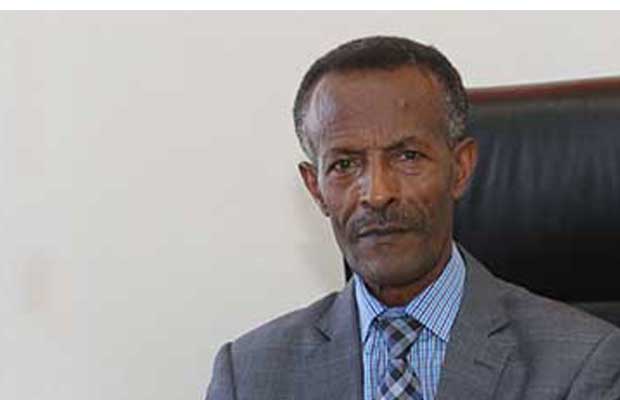
Exclusive Interviews | Jan 05,2020
Officials of the Ministry of Transport have approved a toll tariff for the Modjo-Batu Expressway, which will be open to traffic beginning this week.
The approval comes after the Ethiopian Toll Roads Enterprise proposed the toll fees for the expressway two weeks ago, built at the cost of 78.8 million Br a kilometre. The expressway is a part of a project connecting the town of Modjo with Hawssa city, divided into four lots at an estimated cost of 354 million dollars. It was designed by Techniplan International Consulting, an Italian firm, in partnership with Ethio-Infra Engineering Plc. This domestic firm has participated in dozens of projects, including the one billion Birr Maitsebri-Shire road project stretching 69Km.
Drivers will be charged 0.77 Br a kilometre, while heavy trucks are to pay 1.05 Br. It is similar to the fees charged by toll stations on the Addis Abeba-Adama Expressway, a flagship project launched seven years ago after being constructed for 11.2 billion Br (132 million Br a kilometre).
Inaugurated by Prime Minister Abiy Ahmed (PhD) almost three months ago, the newly opened expressway would cut the travel time from Modjo to Meqi from one and half hours to 40 minutes. It is the third express road project to operate after the 84.7Km Addis-Adama and the 220Km Dire Dawa–Dewale highway, built for 5.9 billion Br. The Modjo-Batu Expressway is designed to handle 27,000 vehicles a day and significantly improve the revenues of the Enterprise, which stood at 382 million Br last year.
It will bring an economic benefit to all actors on the corridor, according to Matiwos Ensermu (PhD), professor of logistics and supply chain management at Addis Abeba University. It would also make logistical work for the factories at Hawassa Industrial Park more efficient.
"Time is one key factor in logistics," said Matiwos.
Kassahun Gofe, a state minister for Transport, sees the highway's opening as boosting trade activities with the central market and addressing the capital's supply gap. The high cost of living was taken into consideration in the administration's decision not to adjust the tariff, although this may change in the future, according to Kassahun.
The construction of infrastructure to support toll stations was not included in the initial project design, Kassahun told Fortune. However, the government continued setting up toll booths and integrating tolling systems, where 40 booths were planned, but half were built to start operation.
Five toll stations at Modjo, Koka, Bote, Meki, and Batu will be operational, Mustefa Kedir, general manager of the Enterprise, disclosed to Fortune.
"We have implemented all the necessary systems needed to open the road to traffic," Mustefa remarked.
According to these officials, additional toll stations will be built once the construction of the third and fourth lots of the project are completed.
Chinese Railway, one of the subsidiaries of the state-owned China Railway Engineering Corporation (CREC), constructed the first segment extending from Modjo to Meqi for 126 million dollars. This was financed by the African Development Bank (AfDB), while the second lot, connecting Meqi with Batu, was financed by the Export-Import Bank of Korea, which provided a 228 million dollars loan to be repaid in 40 years, with a 15-year grace period.
When the two lots were inaugurated in May this year, all the civil works had been completed, but the infrastructure for toll services remained unfinished.
The third section, stretching 57Km from Ziway to Arsi Negele, received 370 million dollars from the World Bank Group in a concessional loan with a maturity period of 38 years and a grace period of six years. The last segment of 57Km from Arsi Negele to Hawassa is under construction by the Chinese Railway with 196 million dollars in financing secured from the Export-Import Bank of China. The funds have yet to be fully disbursed after the financier withheld the loan to conduct a review of Ethiopia's debt sustainability status.
Nonetheless, the construction is still underway paid by the government until negotiations are completed, Kassahun disclosed.
Abebe Dinku, professor of civil engineering at Addis Abeba University, applauds the attention given to the construction of express road projects. However, he urges the government to pay as much attention to regular maintenance works to preserve the roads.
"They should also form scout groups from local communities to guard against damage," Abebe said.
PUBLISHED ON
Sep 18,2021 [ VOL
22 , NO
1116]

Exclusive Interviews | Jan 05,2020

Sunday with Eden | Dec 19,2021
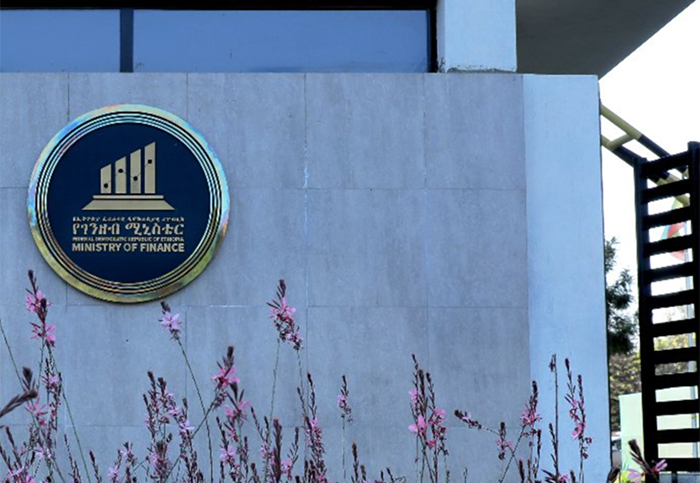
Fortune News | Aug 14,2021

Radar | May 14,2022
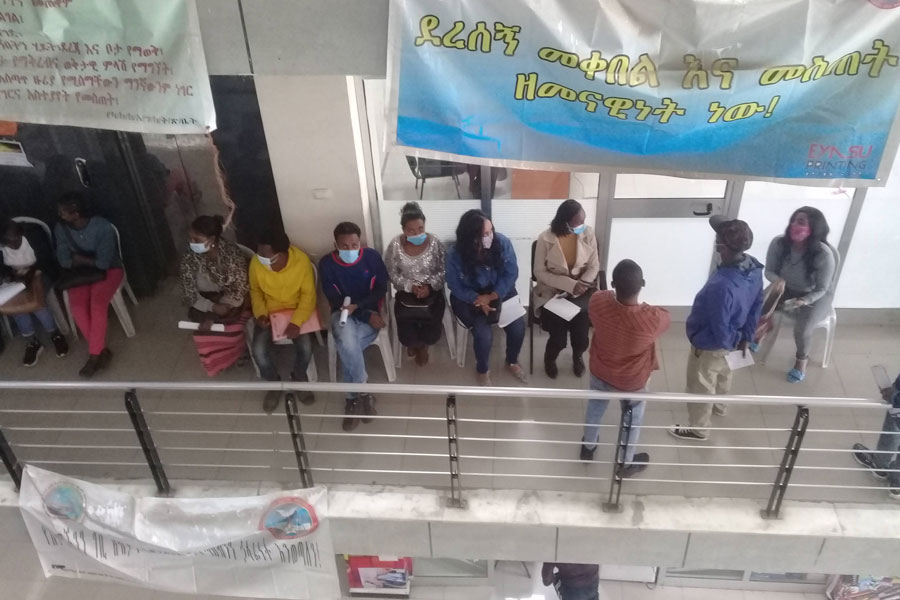
Agenda | Jul 03,2021

Commentaries | May 08,2021

Radar | May 08,2021

Radar | Oct 09,2021
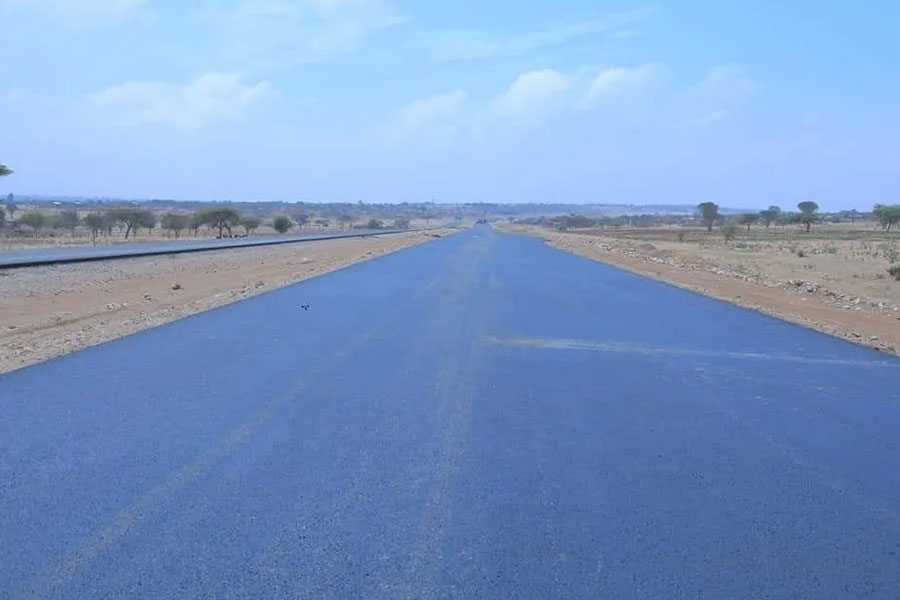
Fortune News | Jul 17,2022
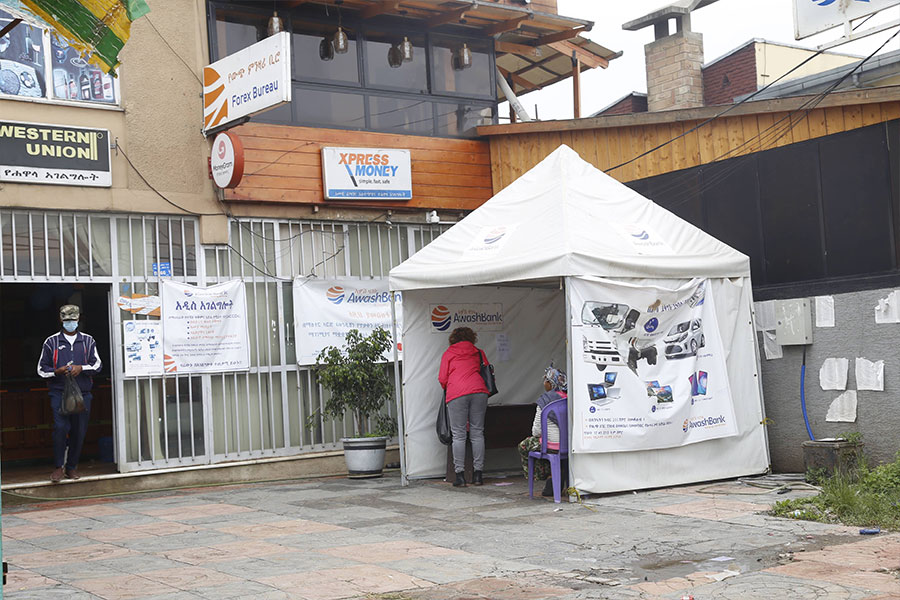
Agenda | Jul 18,2021

Dec 22 , 2024 . By TIZITA SHEWAFERAW
Charged with transforming colossal state-owned enterprises into modern and competitiv...

Aug 18 , 2024 . By AKSAH ITALO
Although predictable Yonas Zerihun's job in the ride-hailing service is not immune to...

Jul 28 , 2024 . By TIZITA SHEWAFERAW
Unhabitual, perhaps too many, Samuel Gebreyohannes, 38, used to occasionally enjoy a couple of beers at breakfast. However, he recently swit...

Jul 13 , 2024 . By AKSAH ITALO
Investors who rely on tractors, trucks, and field vehicles for commuting, transporting commodities, and f...

Oct 4 , 2025
Eyob Tekalegn (PhD) had been in the Governor's chair for only weeks when, on Septembe...

Sep 27 , 2025
Four years into an experiment with “shock therapy” in education, the national moo...

Sep 20 , 2025
Getachew Reda's return to the national stage was always going to stir attention. Once...

Sep 13 , 2025
At its launch in Nairobi two years ago, the Africa Climate Summit was billed as the f...